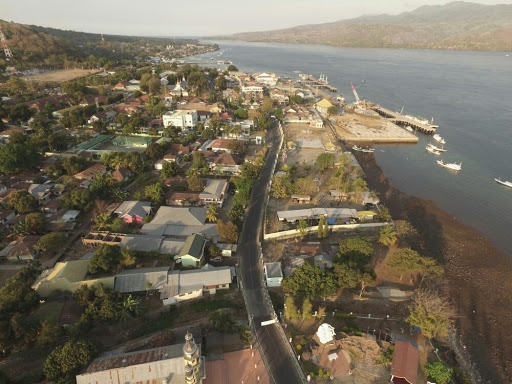I cannot understand the meaning of the word Arm in the sentence:
... die Sonne...bereit war, in dem unendlichen Arm der Südsee zu verschwinden source, p. 241
Der Arm, according to the dictionary, can be arm as a body limb, or a branch of a tree or of a river. All these meanings fit here badly, even if taken metaphorically. For the text has no thoughts or references to possibly branched structure of the sea. And why is it infinite?
I could accept the meaning on the great bosom of the Ocean here. But Arm could have such metaphoric meaning due to two reasons: It has similar non-metaphorical meaning or a ready expression with this or very close metaphoric meaning exists. But I couldn't find neither the similar meaning nor a similar phrase.
In the very modern and experimental or specially funny text there could be a third reason: creation of the new metaphor and meaning in site, but such tricks are very hard for understanding, and the source is a children book, so I consider this variant improbable.
In the Duden, I had found yet another meaning of the word Arm: Arsch (ass). And that meaning does fit the context ideally.
The sun sinking in the endless ass of the Southern Sea
is very nice and funny and controverse and romantic-expectations-breaking sentence. But in a children’s book?
So either I didn’t understand the use of the word in this context, or hadn’t found the correct dictionary, or greatly underestimated the bravery of Astrid Lindgren and Cäcilie Heinig – her translator to German.
Please, how should I understand the sentence?

